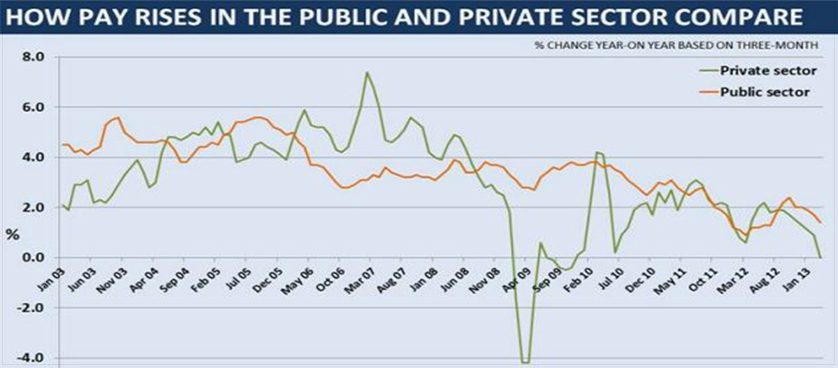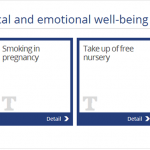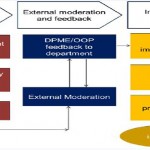Performance Related Pay Schemes in the British Public Service
Stemming from the study conducted by John Makinson in 2000, the British social service sector has embraced recommendations to remodel and rethink incentive schemes.
Compared to the private sector, the relatively constant trend in performance related incentivising in the UK public sector might indicate that payment schemes do not take employee performance into account.
The trend to implement performance related pay is currently gaining more attention in the public sector, as suggested by the 2013 report, provided by the UNISON Bargaining Support Group, which reiterates the plans for performance related pay schemes (in use in the UK for the year 2012).
Summarizing data provided by the British Income Data Services, the following plans are listed by the UNISON Bargaining Support Group as being used in different areas of the public sector:
- Education – Increases in financial incentives are provided based on annual performance appraisals;
- National Health Service – An amendment to the Agenda for Change (the grading and pay system for medical staff) was made to accommodate a new pay structure, based on formal performance appraisals;
- Police Service – The Winsor review suggests a performance related progression through pay scales, based on performance assessments;
- Civil Service – The Treasury proposes to allow an increase in departmental pay, if they forward a plan for removing pay progression methods that exclude performance management. This is aimed at establishing a performance related pay scheme.
As argued by David Marsden, in a 2004 article, the process of implementing performance-related pay schemes within the British public sector has gradually contributed to a rise in the sector’s overall performance. Marsden emphasizes the fact that the increasing use of these schemes has insidiously and positively influenced the way employees perform, as it constitutes a means for renegotiating work effort. In this sense, he argues that the value of the financial incentive is non-significant, statistically. This means that, if a person receives the maximum of his respective pay scale, the perceived incentive diminishes. Thus, the results indicate that performance appraisals prove to be a robust means for negotiating incentives in the public sector where, as Marsden states, “management has to renegotiate performance norms within a budget constraint”.
The essence of these findings suggests the potential benefit the public sector might derive from implementing a performance related pay system, which will ultimately contribute to raising the overall performance for their respective departments, as in the case of British public services.
Examples of KPIs for public administration can be found at: Top 25 State Government KPIs of 2011-2012
References:
- Marsden, D. (2003), Role of Performance-Related Pay in Renegotiating the “Effort Bargain”: The Case of the British Public Service, Industrial and Labor Relations Review, Vol. 57, No. 3
- UNISON Bargaining Support (2013), Performance Related Pay
Image source:

Tags: Government - Local performance, Government performance, Performance in UK, Performance Management, Performance Pay, UNISON Bargaining Support Group






